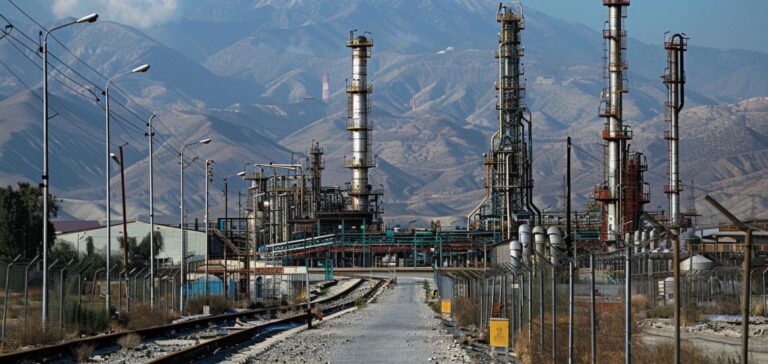The United States government announced on 21 March sanctions targeting Chinese company Luqing Petrochemical, an independent refinery based in Shandong province, accused of purchasing approximately $500mn worth of Iranian crude oil. Washington claims the company conducted these transactions in violation of US sanctions, using vessels suspected of links to Houthi rebels in Yemen.
It marks the first instance of US authorities imposing retaliatory measures against a so-called “teapot” refinery, a term commonly used to describe independent Chinese refining entities playing an increasingly prominent role in the domestic processing sector. The US Department of State and the Department of the Treasury issued statements asserting that these operations contribute directly to the financing of the Iranian regime.
A component of the pressure campaign against Tehran
US Secretary of the Treasury Scott Bessent stated that these oil flows represent a key source of revenue for Iran, which he identified as the world’s leading state sponsor of terrorism. These new sanctions fall under the “maximum pressure” strategy revived following President Donald Trump’s return to office in January. Washington has reiterated its goal of completely eliminating Iran’s oil exports.
In addition to Luqing Petrochemical, several vessels believed to be part of Iran’s “ghost fleet” were also sanctioned. These ships reportedly help Tehran bypass maritime trade tracking systems to continue selling crude despite the embargo.
Beijing condemns interference in commercial relations
China responded strongly through Mao Ning, spokesperson for the Ministry of Foreign Affairs, stating on 22 March that Beijing “opposes the abuse of illegal unilateral sanctions and long-arm jurisdiction”. She criticised what she described as an American attempt to interfere in legitimate bilateral trade between China and Iran.
Beijing warned that it would take all necessary measures to defend its companies’ interests, underlining its commitment to protecting the commercial rights of its operators against what it deems interference. This stance comes amid heightened diplomatic tensions, further inflamed by recent US strikes against Houthi targets in Yemen in response to maritime attacks in the region.






















